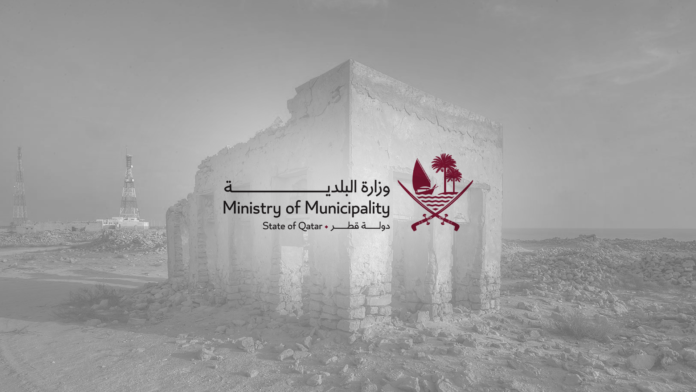The Council of Ministers in Qatar has issued Decision No. (6) of 2025 regarding the conditions and regulations governing the right to use Desert Houses (Bayt Al-Bar). The decision was published in the third issue of the Official Gazette on February 13.
This decision is part of efforts to regulate the use of state-owned land, ensuring a balance between beneficiaries’ rights and public interest by establishing clear regulations governing the use of these houses, which are built outside the boundaries of cities and villages.
The decision defines a “Desert House” as a residential building constructed on state-owned land, provided that it has been built with a permit issued by the competent authority or that the site has received prior approvals from the Ministry of Municipality.
The decision also specifies the conditions under which the right to use a Desert House may be granted. It stipulates that the buildings must be established according to aerial images from 1995 and that usage rights should be granted only for the documented structures, excluding any vacant surrounding land. The applicant must also prove their connection to the site through available means of verification.
If the site is within a recognized Desert House cluster, the right to use it will be affirmed. However, if it is outside these clusters, the applicant may be granted a comparable area within the designated zones.
The decision also allows for the right to use Desert Houses in specific cases, such as when the house is licensed or can be licensed under approved conditions, or when the site has been designated as a substitute for archaeological sites or alternative land, provided that the competent municipality legally licenses the building. Suppose the site holds historical or artistic value. In that case, the beneficiary will be compensated for any existing constructions based on an official evaluation, provided the site has not been previously compensated.
The decision establishes a special Committee for the Use of Desert Houses within the Ministry of Municipality, responsible for reviewing applications for confirming usage rights, except for houses located along the coastline. The decision outlines the committee’s meeting procedures and responsibilities, stipulating that applications must be submitted within one year from the decision’s effective date.
The committee will review applications within six months of submission. If no response is given within this period, the application will be considered implicitly rejected, and the applicant will be officially notified once the decision is approved by the Minister.
The decision grants applicants the right to appeal a rejection to the Minister within 30 days. If no response is received within this period, the appeal is considered implicitly rejected, and the Minister’s decision becomes final.
The period for Desert House usage is set at three years, renewable, provided all conditions and regulations are met. The beneficiary is required to cover the costs of utility connections and must maintain public cleanliness and adhere to environmental regulations.
The decision prohibits the subdivision of Desert Houses, but it allows heirs to divide the land or house with ministerial approval based on established standards. The transfer or exchange of a Desert House is also prohibited, except in exceptional cases verified by the competent authority.
The decision explicitly states that Desert Houses cannot be rented or used for purposes other than housing, and the right to use them cannot be transferred to another party without official approval. However, transfer to relatives up to the fourth degree or among heirs is permitted, provided that a new usage contract is issued.
Additionally, the decision outlines three specific cases that result in termination of the right to use a Desert House:
1. Encroaching on state-owned land or violating established conditions.
2. Using the house for purposes other than residential living.
3. Providing false information to obtain the usage right.
In such cases, the beneficiary will not be entitled to any compensation.
If the public interest necessitates the termination of a usage right or relocation of a Desert House, the decision stipulates that compensation will be granted only for licensed constructions and facilities. The compensation amount will be determined by a technical committee appointed by the Minister.
The decision also mandates that all beneficiaries who have not obtained a formal usage contract before the decision’s implementation must apply to the committee within one year to formalize their status. Failure to do so will result in the termination of the usage right and the cancellation of all previous permits.
This decision aims to establish a clear legal framework for regulating the use of Desert Houses, ensuring the optimal utilization of state-owned land while maintaining individuals’ rights to benefit from these houses in an organized manner.




